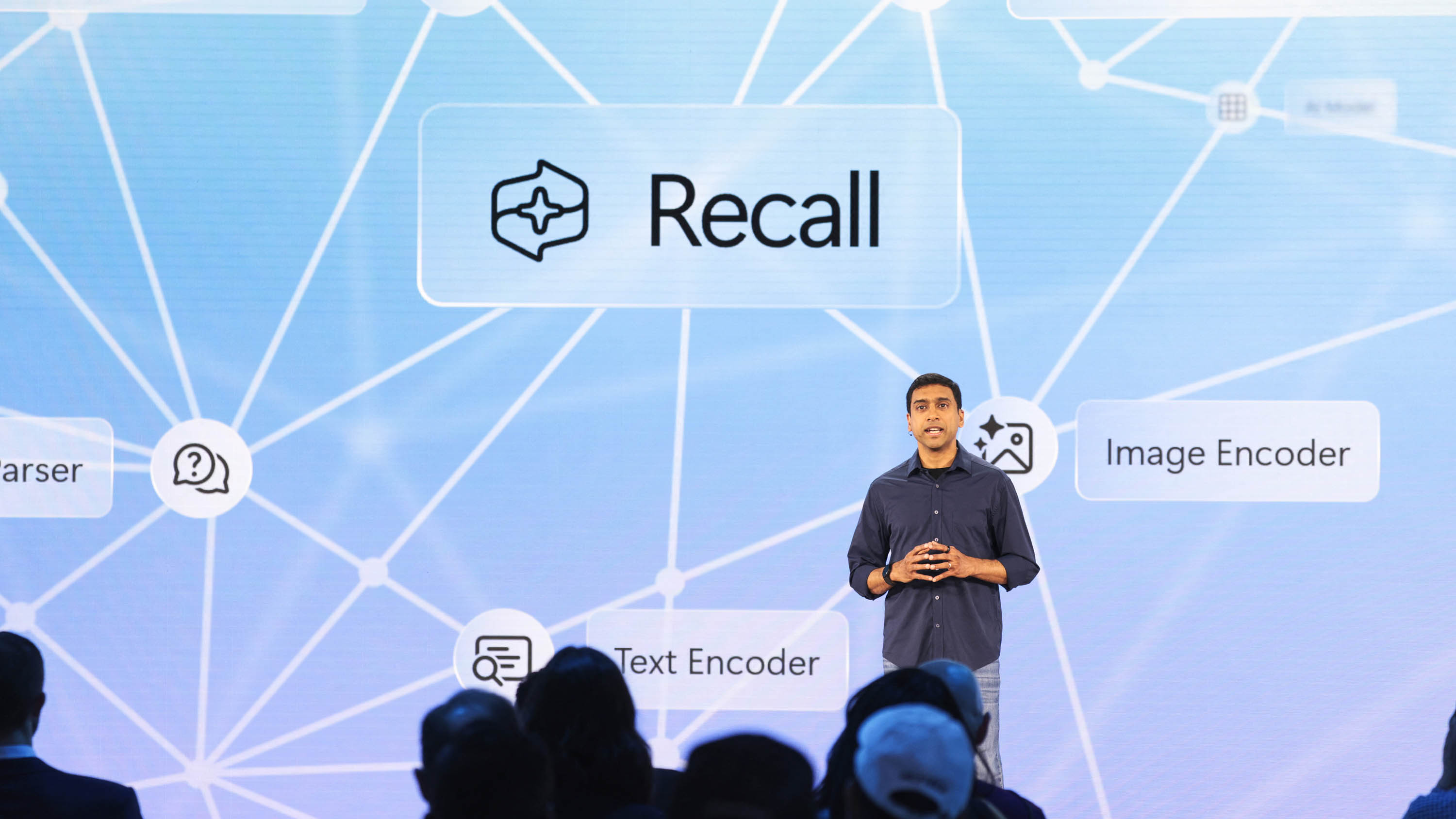Sam Altman predicts agentic AI "clicking around the Internet" — If you trust it not to empty your bank account or delete data
OpenAI's CEO says that AI-powered systems will gain broader adoption and risk "much higher stakes."

Over the past few years, generative AI has gained broad adoption across the world, with tools like OpenAI's ChatGPT gaining up to one million new users within an hour after the company unveiled its ChatGPT-4o image generator. However, security and privacy issues continue to riddle the technology, prompting a vast majority of users to keep the ever-evolving technology at arm's length.
OpenAI CEO Sam Altman recently shared some interesting insights about generative AI's trajectory in an interview at TED2025. The executive indicates that users will be slow to adopt agentic AI systems due to several reasons, including privacy and security. However, he predicts that we'll get to a juncture where "AI systems are clicking around the Internet" (via vitrupo on X).
Altman indicated that people will have some reservations toward the technology and establish trust to an extent where they can allow AI systems to gain control over their devices and access private credentials like banking details and more.
The executive admitted that this has been an issue in the past, with a large number of users expressing their reservations about adding their banking details online, until anti-fraud systems were developed.
According to OpenAI CEO Sam Altman:
"I think people are going to be slow to get comfortable with agentic AI in many ways, but I also that even if some people are comfortable and some aren't, we're gonna have AI systems clicking around the Internet. And this is, I think, the most interesting and consequential safety challenge we have yet faced because AI that you give access to your systems, information the ability to click around your computer. Now, when AI makes mistakes, it's much higher stakes."
The executive reiterated the importance of safety when it comes to AI systems. "A good product is a safe product," added Altman. "You will not use our agents if you don't trust that they are not going to empty your bank account or delete your data."
Get the Windows Central Newsletter
All the latest news, reviews, and guides for Windows and Xbox diehards.
Microsoft's failed first shot with Windows Recall

It'll be interesting to see how OpenAI manages to establish the trust of its users as we step into the agentic AI era, especially with Microsoft's recent security and privacy flop with its AI-powered Windows 11 feature, Recall.
Despite numerous attempts to ship new updates with stringent restrictions, the tool was often spotted veering off the rails and being leveraged by bad actors to gain access to private credentials.
Last year, Tom's Hardware highlighted critical security issues with Windows Recall, indicating that the tool still captured intricate credit card details, even when Microsoft's sensitive information filter is enabled in Windows 11.
As you may know, Microsoft is getting ready to ship Windows Recall to broad availability after a year-long delay due to security and privacy issues. It remains to be seen if the tech giant's flagship technology will tick all the security boxes.

Kevin Okemwa is a seasoned tech journalist based in Nairobi, Kenya with lots of experience covering the latest trends and developments in the industry at Windows Central. With a passion for innovation and a keen eye for detail, he has written for leading publications such as OnMSFT, MakeUseOf, and Windows Report, providing insightful analysis and breaking news on everything revolving around the Microsoft ecosystem. While AFK and not busy following the ever-emerging trends in tech, you can find him exploring the world or listening to music.
You must confirm your public display name before commenting
Please logout and then login again, you will then be prompted to enter your display name.

